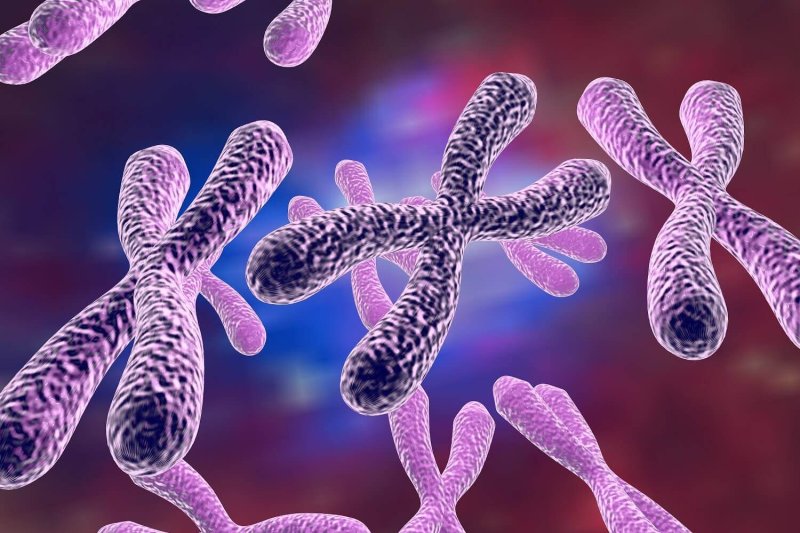When 109-year-old Jessie Gallan was asked about the secret to her long life, she replied “staying away from men.” Other people older than 100 have extolled the virtues of everything from crossword puzzles to tap dancing. One thing they don’t usually mention: chromosomes. Yet, across the animal kingdom, individuals with identical sex chromosomes—including women with double Xs—live nearly 18% longer than their counterparts with mismatched chromosomes.
…
Researchers hypothesize that animals with mismatched sex chromosomes, such as XY male mammals, could be more vulnerable to genetic mutations, which could result in a shorter life span.
…
The disparity also varies depending on whether the animal with matching sex chromosomes is female or male. Females with identical sex chromosomes—such as mammals and some reptiles, insects, and fish—live an average of 20.9% longer than males, but in males with matching sex chromosomes, such as birds and butterflies, the life span gain over females is just 7.1%.
This unevenness hints that factors other than the presence of certain sex chromosomes might also strongly influence longevity, the team says. One of these factors could be sexual selection. Exaggerated physical traits and elaborate behaviors make males of some species more attractive to females but require large amounts of energy and take a toll on overall health.































